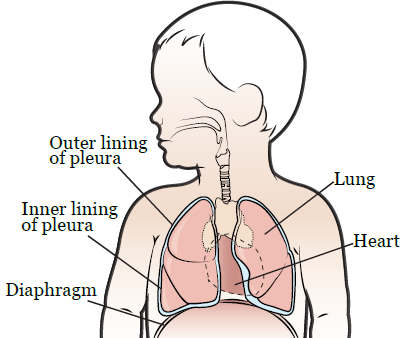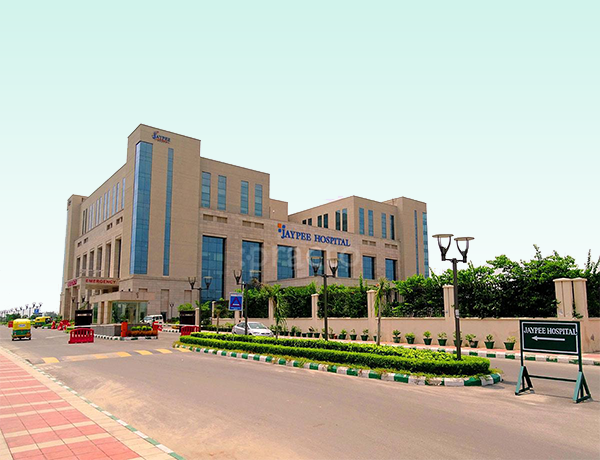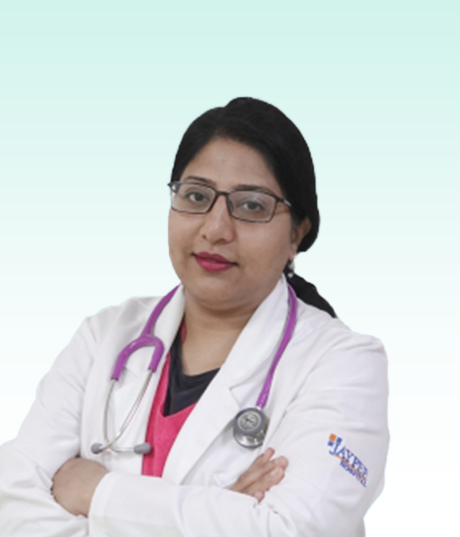Paediatric Thoracoscopic Surgery
Children with medical conditions that impact their chest area, whether due to a tumor, gastroesophageal reflux, or congenital diaphragmatic hernia, require extensive care from a pediatric thoracic team specialized in treating such illnesses. Pediatric thoracic surgery is a branch of pediatric surgery that focuses on injuries and illnesses in the area between the neck and the abdomen. Physicians specializing in pediatric thoracic surgery treat a wide variety of conditions whether they are congenital or acquired later on in life.
Who Needs Paediatric Thoracoscopic Surgery
Children with a range of thoracic conditions may benefit from paediatric thoracoscopic surgery, including but not limited to:
Lung Conditions: Surgical treatment of congenital lung malformations, lung cysts, or abscesses.
Chest Wall Deformities: Correction of conditions such as pectus excavatum (sunken chest) or pectus carinatum (protruding chest).
Esophageal Disorders: Treatment of conditions like esophageal atresia or achalasia.
Mediastinal Tumours: Surgical removal of tumours located within the mediastinum (central part of the chest).
When to See a Specialist
If your child is diagnosed with a thoracic condition or exhibits symptoms such as difficulty breathing, chest pain, or abnormal chest wall appearance, it’s important to consult a paediatrician. If surgical intervention is necessary, your paediatrician may refer you to a paediatric thoracic surgeon who specializes in minimally invasive techniques.
Procedure
Preparation: Prior to the surgery, your child will undergo a thorough evaluation, including medical tests and imaging to ensure they are suitable for the procedure.
Anaesthesia: General anaesthesia is administered to ensure your child’s comfort and safety during the surgery.
Incisions: Small incisions, typically around half an inch in size, are made on the chest. These serve as entry points for the surgical instruments and a thoracoscope (camera).
Instrument Insertion: Specialized instruments and the thoracoscope are inserted through the incisions to provide a clear view of the thoracic structures.
Surgery: The surgeon performs the necessary steps of the procedure, which could involve removing a lung cyst, correcting a chest wall deformity, or addressing another thoracic condition.
Closure: After completing the surgery, the incisions are closed with sutures or adhesive strips.
Road to Recovery
Recovery after paediatric thoracoscopic surgery is generally quicker compared to open surgery. Your child may experience mild discomfort, which can be managed with pain medication. Most children can resume normal activities within a few days to a week, depending on the nature of the procedure.
Risk Management
While paediatric thoracoscopic surgery is considered safer than open surgery, it still carries some risks, including infection, bleeding, and complications related to anaesthesia. Skilled paediatric thoracic surgeons, advanced technology, and specialized paediatric facilities help manage and minimize these risks.
Benefits of Paediatric Thoracoscopic Surgery
Smaller Incisions: Small incisions result in less scarring and reduced trauma to the chest wall.
Faster Recovery: Shorter hospital stays and quicker recovery times mean less disruption to your child’s daily routine.
Less Post-Operative Pain: Minimally invasive techniques often lead to less pain and discomfort after surgery.
Frequently Asked Questions
Is paediatric thoracoscopic surgery suitable for infants?
Yes, paediatric thoracoscopic surgery can be safely performed on infants and children of all ages.
How long does recovery take after paediatric thoracoscopic surgery?
Recovery times vary based on the procedure and the child’s individual healing process. Your paediatric thoracic surgeon will provide specific guidelines.
Can my child’s chest wall deformity be completely corrected with surgery?
Depending on the severity of the deformity, paediatric thoracoscopic surgery can significantly improve chest wall appearance and function.
Will my child need to wear any special clothing or bandages after surgery?
Your child’s surgeon will provide guidance on any necessary post-operative care, including dressings or garments.
How can I support my child during the recovery process?
Offer emotional support, follow post-operative instructions carefully, and communicate openly with the healthcare team to ensure a smooth recovery.
Treatment Plans
- Trauma & intensive care $59
- Aged Care $29
- Community Services $25
- Diagnosis & Investigation $48
- Medical & Surgical $82
- Mental Health $74
- Rehabitation $24
- Specialised Support Service $19
- Trauma & intensive care $59
- Aged Care $29
- Community Services $25
- Diagnosis & Investigation $48
- Medical & Surgical $82
- Mental Health $74
- Rehabitation $24
- Specialised Support Service $19
Treatians As The Best Choice
Treatians understand that seeking medical treatment abroad can be a daunting experience for patients and their families. That’s why the company offers end-to-end support to its clients, from the initial consultation to post-treatment care. The company provides personalized treatment plans that are tailored to meet the individual needs of each patient, and its team of dedicated professionals is always on hand to provide guidance and support throughout the entire process. Contact us at +91-7982312582, drop your email [email protected]
- Trauma & intensive care
- Aged Care
- Community Services
- Diagnosis & Investigation
- Medical & Surgical
- Mental Health
- Rehabitation
- Specialised Support Service


















